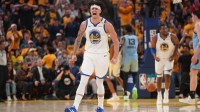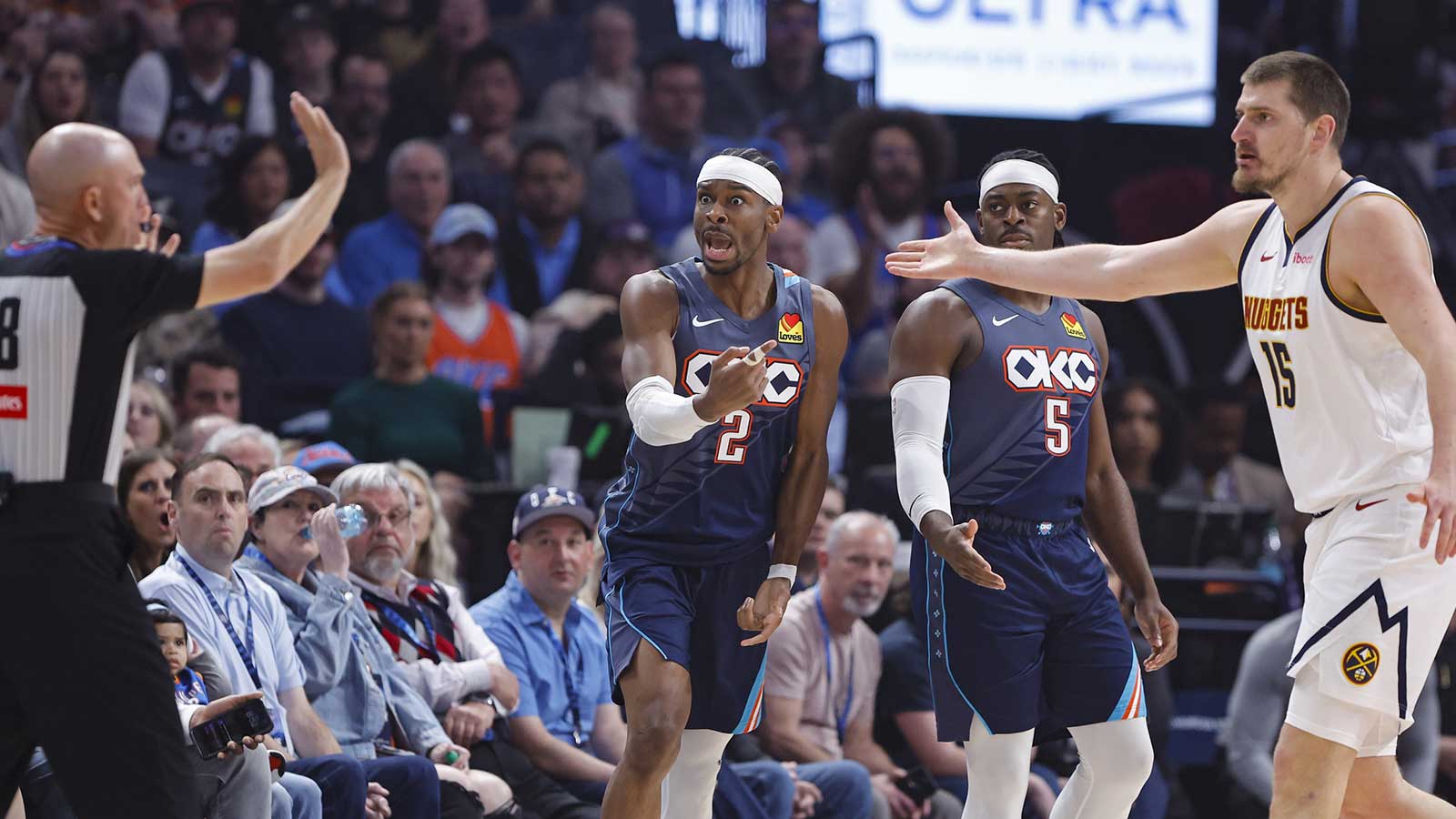Doc Rivers and Kobe Bryant have been going at it for two decades now, even though they never actually played against each other.
When Doc retired from the NBA in 1996, Kobe Bryant was drafted by the Hornets before being quickly moved to the Lakers. Rivers began coaching under the Spurs‘ brilliant Gregg Popovich, and by 2004 he was heading the Purple & Gold's hated Boston Celtics.
One of the funniest moments between the two NBA lifers came in the 2008 Finals. With the Celtics closing out their first championship in over 20 years, Rivers was worried about Bryant to the bitter end, despite their huge lead.
The Celtics had already put the game and the series away in the final few minutes of the fourth quarter of Game 6, but Rivers' fear of Bryant made him a little delusional.
RELATED: Hakeem Olajuwon On Why Kobe Bryant Was His Ultimate Success As A Coach
Rivers, from Jovan Buha of Fox Sports:
“We were up 1,000 [points] in Game 6 and the guy who you would least expect walks over to me during the game — [then-Celtics assistant coach] Tom Thibodeau — and he asks me, ‘Are you going to sub out? There’s six minutes and we’re up 42 points.’
“Of all the guys to say that, it’s Tom Thibodeau. And I looked over there at the Lakers and Kobe was still on the floor, and I actually said, ‘When Phil takes that guy out, I take my guys out.’ And Thibs said, ‘You’re safe.’ And I said, ‘Not with that guy on the floor.’
Rivers, with a chuckle, explained that he wasn't thinking logically in the moment.
“I was dead serious. I had obviously lost my mind because it was a 42-point lead. But he put that fear in you, man. He could run off threes. I was obviously not good at math, so I was worried about him. Then finally Phil took him out so I could sub. It was good.”
I have to say, there aren't too many players in the NBA who can strike that kind of fear into a coach when they're up by 40+ points with just a few minutes to go. Stephen Curry and Kevin Durant come to mind, but they're extremely rare.
Unfortunately, there appear to be a few flaws in Rivers' account here.




















